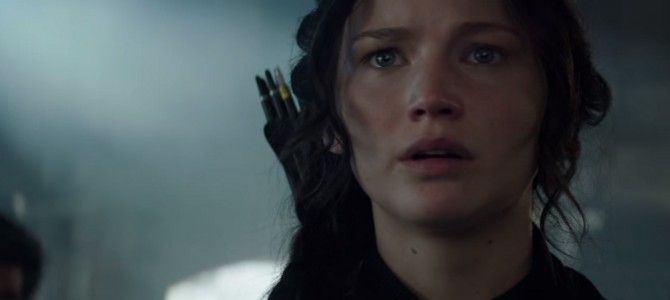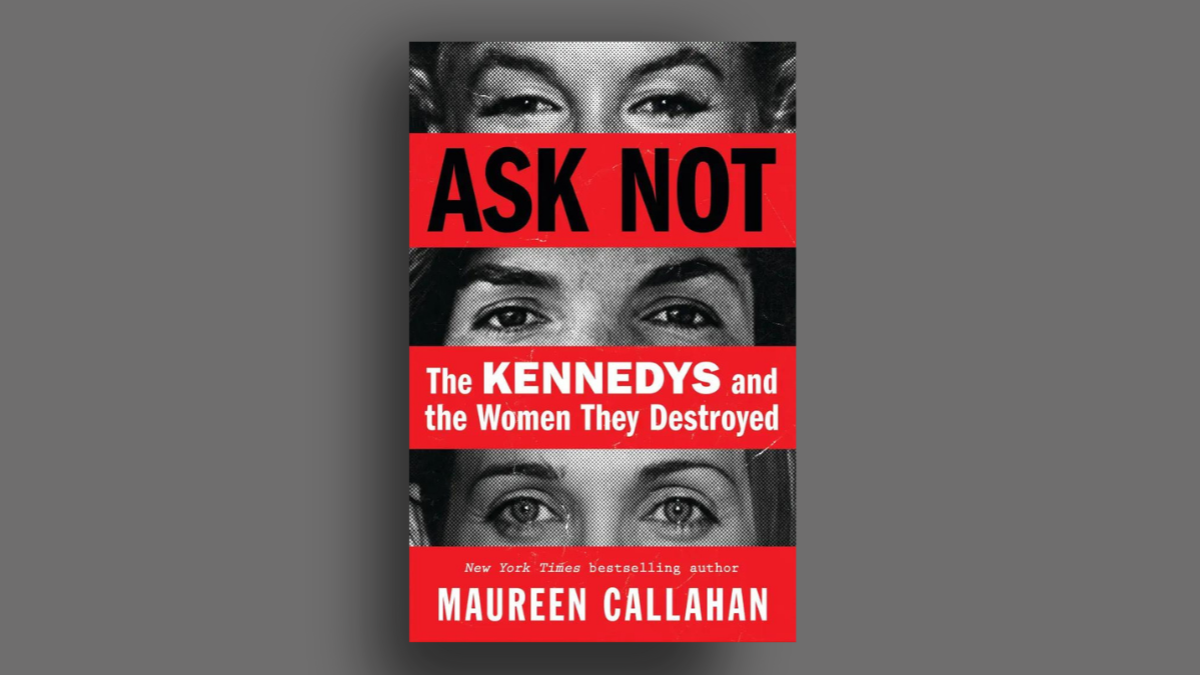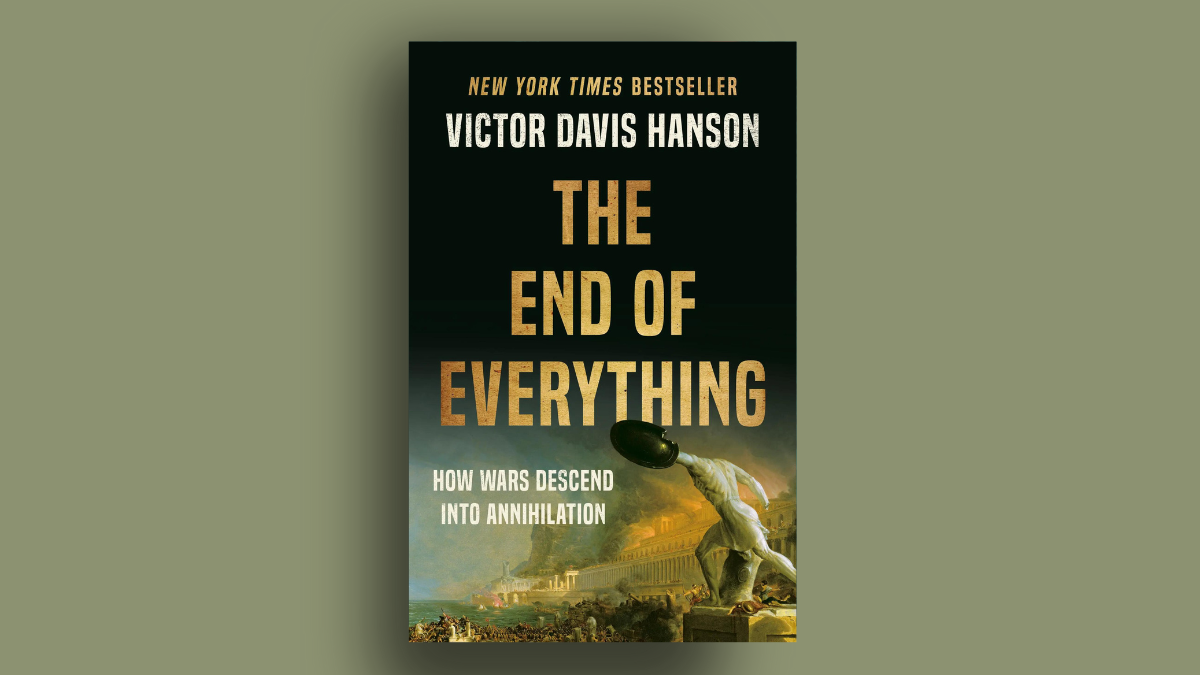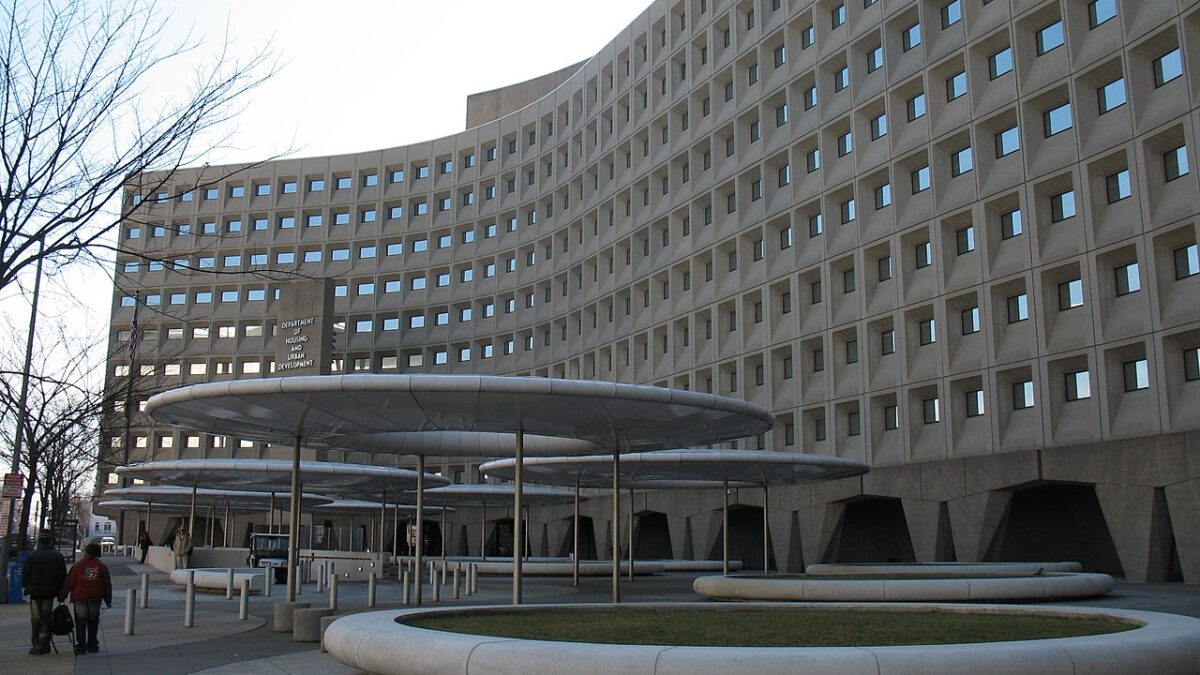
Some folks—mostly on the political left—are truly puzzled that praise for “The Hunger Games” movies is coming from both sides of the political spectrum. The lack of comprehension here is worth investigating, especially with the recent release of the third film in the series: “Mockingjay, Part I,” based on Suzanne Collins’ best-selling trilogy for young adults.
The story is set in a dystopia called Panem, where a ruthless and manipulative strongman, President Coriolanus Snow, confines most citizens to their districts, where they subsist in poverty, drudgery, and fear. The fruits of their labor are confiscated to serve a privileged and corrupt elite in the wealthy Capitol.
To prevent dissent and rebellion, Panem holds traditional “Hunger Games,” in which a lottery selects two youths from each of the 12 outlying districts. They’re then required to fight to the death, until only one remains standing. To the victor—along with the district he represents—go some coveted scraps and faux glory. The decadent elites view this snuff film as entertainment. But a heroic rebel with the curious name “Katniss Everdeen” (played by Jennifer Lawrence) emerges, and Snow (Donald Sutherland) has met his match. The rebellion is on.
Occupy ‘The Hunger Games’?
Conservatives clearly see an indictment of centralized power in the story of “The Hunger Games.” After all, the U.S. Constitution is based on the premise that unchecked power, no matter which side has it, is a recipe for corruption and tyranny. The Bill of Rights is meant to protect individuals against that. That’s why it’s a list of “shall nots” limiting the government. (In 2001, Barack Obama described this system as flawed, claiming it does not define what the federal government must do for you.)
Occupy Wall Streeters and liberals see “The Hunger Games” only as a condemnation of economic inequality and social injustice: poverty, pollution, police brutality. Ironically, they tend to see the solution in precisely the place where conservatives see the problem: big, left-wing government.
It’s interesting that the idea for “The Hunger Games” seems to have emerged from a left-wing mindset. David Levithan, publisher at Scholastic Books, commented in a special feature of the first Hunger Games DVD that the stories were “written in frustration with the Bush era.” As the segment continues, you learn there is an agenda in terms of how the world should change in the future. One Scholastic spokesman explained that though we are past the Bush era, “there are major changes coming and there have to be situations addressed.” You hear praise for the Occupy Wall Street movement in it. (And, for what it’s worth, a Suzanne M. Collins from Sandy Hook, Connecticut, happens to be listed with the Federal Election Commission as a maxed-out donor to the 2012 Obama campaign.)
In another segment on the DVD, Sutherland expounds on how smitten he was with the opportunity to portray President Snow, a role he clearly felt was an indictment of conservative leadership, as the source of social and economic injustice. He expresses his hope and belief that a leader will emerge from the Occupy movement to guide America away from such oppression.
Yet with the release of the first movie in 2012, a conservative review at Breitbart.com expressed praise and gratitude for Hunger Games’ anti-big-government message. Then, after the 2013 release of the second film, “Catching Fire,” the liberal magazine Salon asked: “Whose revolution is it?” Hollywood Reporter has summarized some of the debates.
Van Jones, Obama’s famous “Green Jobs” czar, chimed in last month at the release of “Mockingjay, Part I.” His CNN review described the series as “A Mirror of America’s Inequality,” and was basically an ode to Occupy Wall Street and the protestors in Ferguson. Here’s a snippet: “It is a tale of how the worst of the 1% pull up the ladders of opportunity behind them, and hoard wealth to such a degree that all of society is poorer for it. It is Occupy’s ‘We are the 99%,’ on Hollywood’s big screen.”
The Left and Right Duke It Out
Sutherland was startled to learn that conservative Tea Party people embraced the Hunger Games stories as an indictment of anyone ruling by fiat, including the current occupant of the White House. After some major cognitive dissonance, here’s how Sutherland explained it: “Well, the Tea Party doesn’t look at Barack Obama as a dictator; they look at Barack Obama as a black man in the White House. … That’s what generates their hatred.”
Okay, well perhaps Sutherland has been too immersed in the symbolic “whiteness” of his role as President Snow: white hair, white clothes, white roses, white power, all pure as the driven Snow. (The stories are totally glutted with such symbolism, by the way.) But, more likely, his 1960s radicalism was set in concrete long ago.
Others aren’t quite so harsh, but just as nonplussed that conservatives could possibly embrace the plotline. After learning of Tea Party enthusiasm, one writer at Flavorwire tried to figure out which label fits Katniss Everdeen best: “Progressive, Tea Party, or Anarchist?”
So, how did this interpretive brick wall get so thick?
Political Correctness Is the Great Divider
Political correctness hardens the walls that unnecessarily separate people from one another. There is much for people to see eye-to-eye on in embracing the story of “The Hunger Games.” Both Left and Right are driven by a passion for justice and a real sense of grievance here. Both decry the huge inequalities between the fat cats of the Capitol and the poverty of the districts. And both see heroic resistance to the oppressor as the path to liberation. But there is a vast gulf between liberals and conservatives in how they understand the source of inequality, as well as the values they promote.
It’s worth noting that protagonists in “The Hunger Games” also exhibit a lot of socially conservative values. Katniss’s strength comes in large part from her tightly knit, traditional, nuclear family—mother, sisters, and father bound together through ties of biology, heritage, trust, and love. Although the father is dead, Katniss and family revere his memory, a source of strength and inspiration for this little platoon that defies the central authorities. The Capitol, on the other hand, looks like a Mardi Gras parade of vacuous exhibitionists and gender-bending excess. Leftist elites have been busy for decades dismissing traditional families as quaint relics of the unenlightened past, certainly not extolling them as models to emulate.
Katniss also displays traditional values of personal self-reliance, perseverance, privacy, thrift, self-sacrifice, and loyalty. Not one ever to overshare, she guards her privacy and her personal sovereignty. Indeed, as the character Finnick suggests, our personal secrets are the hardest currency of all.
Although these are all conservative values, I suspect that most liberals probably value these things strongly as well. But PC doesn’t allow them to just come out and say so. Of course, none of this factors into Van Jones’ review. He focuses on the economic and social inequality depicted, as well as the environmental devastation. Various critics have suggested that the Capitol represents capital, as in “capitalism.” But exploitation in “The Hunger Games” isn’t caused by any characters identifiable as “capitalists” in their behavior. Rather, the oppression all happens through unchecked centralized power, via President Snow, the sole political leader of a political regime. It’s the eternal problem of too much power in the hands of too few people.
Big government has been used throughout the ages to accumulate wealth for the powerful, to tax excessively those of lesser means, and then to create a huge class who are utterly dependent upon the likes of President Snow, who ends up justifying his harsh policies as a means to “peace.” Why doesn’t the political left get this?
Political Correctness Performs a Snow Job on Us All
What we have here is a failure to communicate. The confusion very likely comes from semi-lethal doses of political correctness that especially works itself on liberals, putting them into a fog. PC compliance automatically invalidates non-PC views and reinforces the bad habit of condemning all who disagree. By shutting out all but one train of thought, political correctness attacks individuality and ends up pushing people into the oblivion of a collectivized and controllable mass.
It does this by using the fear of social vilification to silence people and prevent them from expressing an “incorrect” view. It thereby stifles the exchange of knowledge and cultivates ignorance. As the “correct” view is increasingly mandated, the ability to comprehend any other view atrophies. Extreme polarization ensues.
The Left cannot see central political authority as the cause of economic oppression in “The Hunger Games” because central political authority—albeit of the Left’s own choosing—is always the PC solution to the problem of economic inequality.
Political Correctness Isolates Us
Worse, this PC silencing of civil discourse separates people socially and in spirit. The less we speak openly to our neighbors, the less we get to know them as potential friends. This serves centralized power very well, but it doesn’t serve the individual or his ability to develop personal relationships.
Unfortunately, the political Left are today’s primary purveyors of PC methods to isolate and condemn people who disagree with them. And isolation is the most potent enemy of mutual understanding and goodwill and civil discourse. Herein is one irony in Sutherland-the-faux-Snow condemning conservatives as bigots for seeing the screen version of President Snow as a representative of oppressive big government. The screen version of Snow worked very hard to isolate citizens and pit them against one another—just as Sutherland’s words serve to marginalize and isolate conservatives from everybody else.
Sadly, PC has caused the Left to embrace the tactics of Joseph McCarthy, whom they claimed to despise for his witch hunts in the 1950s against perceived enemies. Who knows how it happened. But we’ve come full circle. How do we break the cycle?
Finding Our Undiscovered Selves
We have to first look within ourselves for the problem. As Nobel laureate and gulag survivor Alexander Solzhenitsyn wrote: “the line dividing good and evil cuts through the heart of every human being.” Then we must aim to tear down the walls of PC so that we can truly reach out to one another in civil discourse.
In the 1950’s the Swiss psychiatrist Carl Jung wrote a slim volume entitled “The Undiscovered Self.” The following excerpt seems to apply here:
It is the nature of political bodies always to see the evil in the opposite group, just as the individual has an ineradicable tendency to get rid of everything he does not know and does not want to know about himself by foisting it off on somebody else. . . . The mass State has no intention of promoting mutual understanding and the relationship of man to man; it strives, rather, for atomization, for the psychic isolation of the individual. The more unrelated individuals are, the more consolidated the State becomes, and vice versa.
Jung neatly captures both the failings of the oppressive government of Panem and the leftists who celebrate central authority even as they condemn President Snow. Jung has also pointed out that blind vilification of others comes from isolation. There is resistance to really knowing or even wanting to know anybody who disagrees with you. This applies especially to liberals trapped in the vicious cycle of PC. But it also applies to conservatives who can never see any person on the Left as a fellow human being just trying to survive and make sense of it all.
The centrally controlled State—whoever runs it—has proven through millennia to be the central source of mass oppression. It is the raison d’etre for political correctness, which causes us to forget “who the real enemy is.” Any compelling story about mass oppression, including “The Hunger Games,” is bound to reveal that truth whether it intends to or not.









